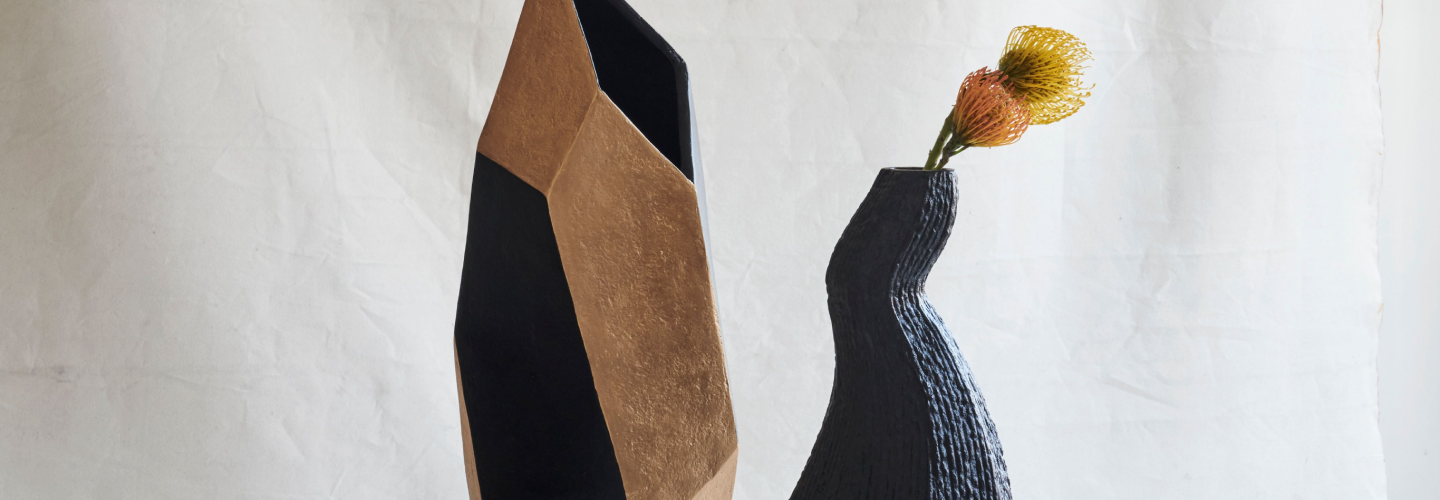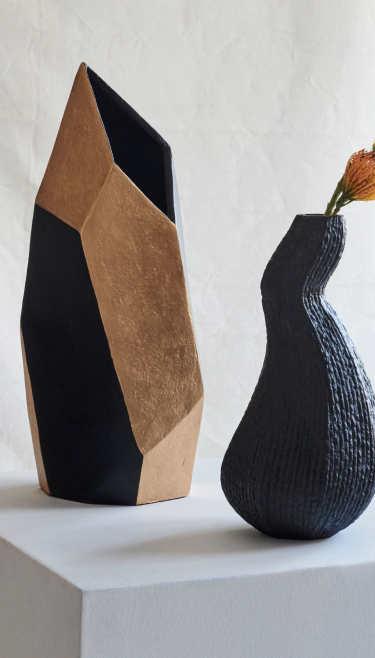Circularity is a solutions-based economic model that aims to eliminate waste and pollution by changing:
- how we manage existing resources,
- how we make and use products and materials, and
- what we do with them at the end-use of their lifecycle.
In a circular model, materials and products enjoy endless, closed-loop lifecycles as they (and their component parts) are reused, recycled, upcycled, and transformed into new products and materials.
Circularity describes a system where waste is designed out, the value of materials is preserved at the highest level possible, and natural systems are regenerated.
A circular system contrasts with the traditional “linear” system, where we extract, consume, then throw away. In a linear system, typically 90% of the materials extracted are thrown away, ending up in landfill and choking the environment.
Circularity is important for the environment in several ways.
First, it greatly reduces the pressure on the use of natural resources, which are being depleted at an alarming rate. By recycling and reusing, we can avoid the need to constantly use natural resources for new products.
Second, circularity can dramatically reduce waste, which is choking the environment. The World Economic Forum estimates that a circular economy reduces waste by two thirds.
Third, circularity can be a major contributor to the reduction of carbon emissions. In the latest 2021 report, The Circularity Gap, published by “Circle Economy” and PACE (The Platform for Accelerating the Circular Economy), two non-profit organizations, they observe that circularity has a pivotal role to play to ensure that global temperatures do not increase by more than 2 degrees Celsius, a level estimated by climate scientists as catastrophic.
The built environment generates nearly 50% of annual global CO2 emissions.
Global building floor area is expected to double by 2060 — the equivalent of adding an entire New York City to the world, every month, for 40 years.
Each year, 10 million tons of furniture are discarded by businesses and consumers in EU Member States, the majority of which is destined for either landfill or incineration.
Synthetic materials from the furnishings industry can double the negative impact on the environment, by creating pollution during the manufacturing phase as well as at the end of the furniture’s life, if the product goes to landfill.
Yes! Laurence is an internationally recognized advocate for circularity. The origin of the Studio Laurence brand was to bring circular products to the world that are both beautiful and circular.
Cradle to Cradle Certified® is the global standard for products that are safe, circular and responsibly made.
Leading brands, retailers, designers and manufacturers across the value chain rely on the Cradle to Cradle Certified Product Standard to ensure the impact of their products on people and planet is a positive one.
For more than a decade, Cradle to Cradle Certified® has been helping companies to innovate and optimize materials and products according to the world’s most advanced science-based measures.
Cradle to Cradle Certified® assesses products across five categories of sustainability performance: material health, product circularity, clean air and climate protection, water and soil stewardship, and social fairness.
BERDE stands for Building for Ecologically Responsive Design Excellence and is a Green Building Rating System.
BERDE is a tool to assess, measure, monitor, and certify the performance of green building projects above and beyond existing national and local building and environmental laws, regulations, and mandatory standards.
The BERDE rating framework consists of 11 criteria: management, use of land and ecology, energy, water, waste, materials, transportation, health and wellbeing, emissions, community engagement, and economic opportunity.
Inventions Geneva is under the patronage of the Swiss Federal Government and the World Intellectual Property Organization. It holds global fairs and competitions for inventors from around the world.
Natures Legacy has been awarded a Gold Medal for its innovation in developing materials that are sustainable, environmentally friendly, circular, as well as highly durable.


